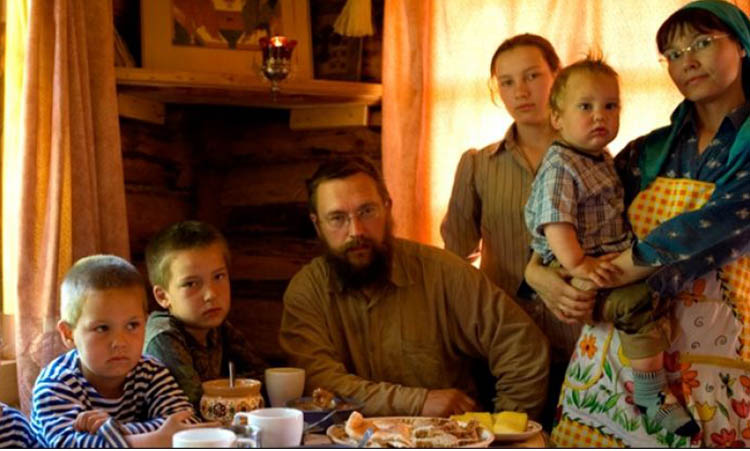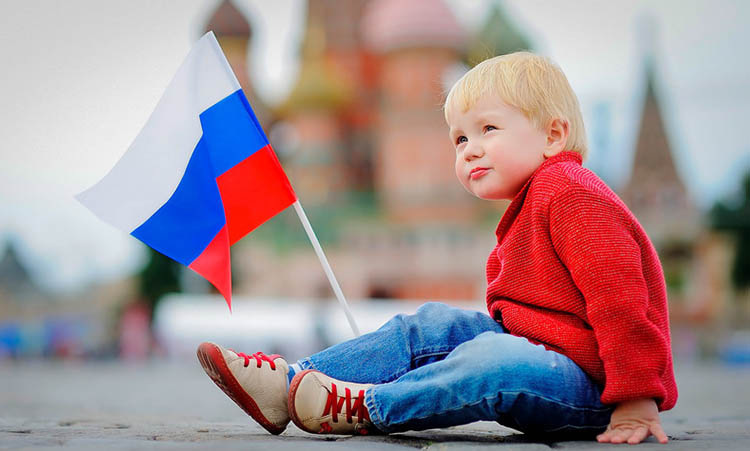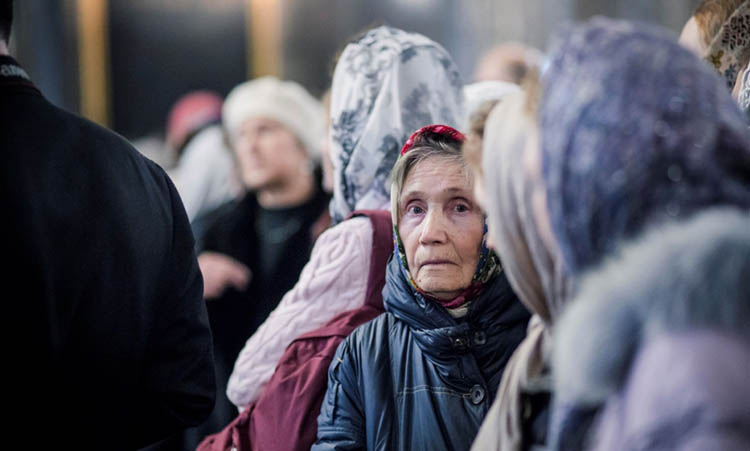Russia
Dear fellow caregivers,
You are welcoming a patient from Russia.
Here is a list of useful information to know in the context of his medical care.
General Information
Distance Paris – – – > – – – – Moscow : 1 545 miles
146.8 million inhabitants / Average salary: $1,058 per month
Literacy rate: 99.72% / Life expectancy: 70.3 years
Spoken language : Russian
● About 85% of Russians are members of the Russian Orthodox Church.
● It is estimated that there are between 21 and 28 million Muslims in Russia. They make up approximately 15% of the population.
● There is also a growing Russian Jewish population.
Communication

● In Russia, men will shake your hand during the meeting. However, it is considered impolite to shake someone’s hand while wearing gloves. According to tradition, Russians can also greet each other with 3 kisses.
● Making eye contact with the patient is a sign of respect.
● Russians are rather direct and frank.
● It is impolite to point with your finger. If you have to point, it is better to use your whole hand.
● Whistling inside is considered very rude.
● Russians may be afraid of being addicted to drugs. It may be necessary to discuss the importance of treatment, especially painkillers.
Beliefs, Practices & Rituals

● Some Russians prefer to take natural remedies based on lemon slices (mineral water or weak lemon tea) rather than medecation.
● Some Russians practice cupping therapy. Marks may remain on the skin.
● Hirudotherapy is the use of leeches to treat blood circulation problems. They are used to treat pain, to promote post-operative healing, to heal ailments.
● Religious icons can sometimes be brought into the patient’s room.
Eating habits

● Russian food is based on peasant food from a harsh climate. The meals are composed of fish, poultry, game, mushrooms, berries and honey. Soup is a big part of the Russian meal.
● Some Orthodox Christians fast every Wednesday and Friday. In general, this fast is for meat, fish, dairy and other animal products. For symbolic reasons, olive oil and wine are not consumed either. There are also 4 main periods of fasting during the year.
Pregnancy and motherhood

● Russian mothers treat children differently depending on their age. During the first years, they are very protective and attentive.
● Pregnant Russian women do not discuss the hardships of their condition, but rather they are always ecstatic about the joy of giving birth.
● Russian mothers rarely vaccinate their children.
● About 19% of Russians continue to smoke during pregnancy.
● During childbirth, a female family member may ask to be present.
End-of-life care

● Some families may request the presence of a religious figure at the bedside. They may also request that religious symbols and icons be present in the room.
● After death, families may also request that mirrors be covered. Some families will want to place coins on the eyelids and a rolled cloth under the chin. They may have specific body washing practices.
● Autopsies and organ donations may be refused because some people consider the body to be sacred and should be left untouched.
● Few Russian people are aware of the options available because the access to palliative care is limited in their country. Therefore, they generally prefer to be cared for by their families. On the other hand, younger patients do not want to be a burden on their families.
● Family plays an important role in Russia. Some Russian families expect to see the doctor and not the nurses. They may prefer to talk in a private place, such as an office.
● The use of morphine can be interpreted as a practice of last resort in a hopeless situation. Reassurance time may be needed to explain the necessity of the treatment.
Examples of Cases Encountered
This section allows us to share experiences. Feel free to share yours with the community.
Sources :
Cleveland Clinic – Diversity Toolkit
Geri-Ann Galanti – Caring for patients from different cultures, 5th edition
Le Courrier de Russie – La maternité à la russe vue par une Américaine
Marina P. Shuvalova, Ekaterina L. Yarotskaya, Tatiana V. Pismenskaya, Nataliya V. Dolgushina, Elena N. Baibarina, Gennady T. Sukhikh – Maternity Care in Russia: Issues, Achievements, and Potential
E. Eckemoff, S. Sudha, D. Wang – End of Life Care for Older Russian Immigrants, Perspectives of Russian Immigrants and Hospice Staff
University of Washington, Medical Center – End-of-life Care: The Russian Culture
